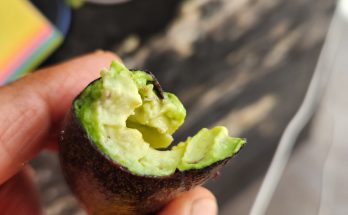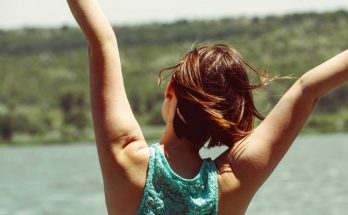By Diana Hoogesteger
When we think about the changes we need to make for a “Better World” for our children, what do we think about? We have numerous, wonderful ideas as well as many concerns.
We talk about a healthier environment, the need to become “green” and sustainable, to have more security, less pollution, and less garbage.We also talk about cleaning the oceans and reforestation.
It is a common idea to put the responsibility on our youth eluding to the idea of that the children are the ones who will make the changes. But how can they be actors of change if we do not give them tools and good examples to use?
After having many years in environmental education, I believe that one way we can solve this mess that continues to grow —more crime, more garbage, more cars, more houses, more disconnection with each other, and with nature— is by taking action within our own homes and within our own habits. Habits have us replicating the same errors while we talk about change, but we do not act upon it.
The invitation is to be more mindful in our daily decisions. We need to ask ourselves: “Do I take the car, or do I walk with my children?” “Do we go to the movies or take a walk in one of the natural parks and explore our local communities?” “Do we eat local and organic?” “What do I do to reduce waste at home?” “Do I separate my organic waste and make compost?” “Do I use plastic bags or bring my own to the grocery store?” “Do I carry my water bottle and refill or buy bottled drinks?” “Am I reducing our consumption of plastic toys and throw-away objects in our household?”
These are some simple, daily decisions where we can update our habits and teach our children to learn, create, and practice these habits themselves.
I have been observing that in our busy lives we are not giving our youth real, effective stewardship. They are left much to figure it out for themselves however they can. In addition, there is not much congruence in our own ways in what we say and do. Children learn by example, not by cognition. As we are addicted to our cell phones, they are becoming the same. As we do not take care of our food and health, they do not as well.
If we want change, we need to start practicing with our youth. Could we have children’s birthday parties without mountains of candy and an overload of gifts and toys?
A good teacher, parent, or friend does not give you what you want, he or she gives you what is good for you. It is a good practice to start observing ourselves and start surprising ourselves by adding in different activities, thoughtful ways to spend our money, our time, and our energy to help us to create better, more sustainable habits. Getting out of our comfort zone often brings amazing gifts, and we will feel better when we do what is right instead of what we typically do, or what is easy. Society lives in a constant anxiety because of the lack of congruence between what we say and what we do, concerning the important things in life: our health and our wellbeing; connection with ourselves, others, our community, and nature; taking care of what sustains life: water, wildlife, biodiversity, whole food, trees, and the air. Let us stop running after the selfish desires and look around toward the needs to consider for the common good. It starts within our individual homes, and it will reflect in our community, and then, in our world. To start creating a better world for us and our children, we must be the example; not by talking, but by doing.




